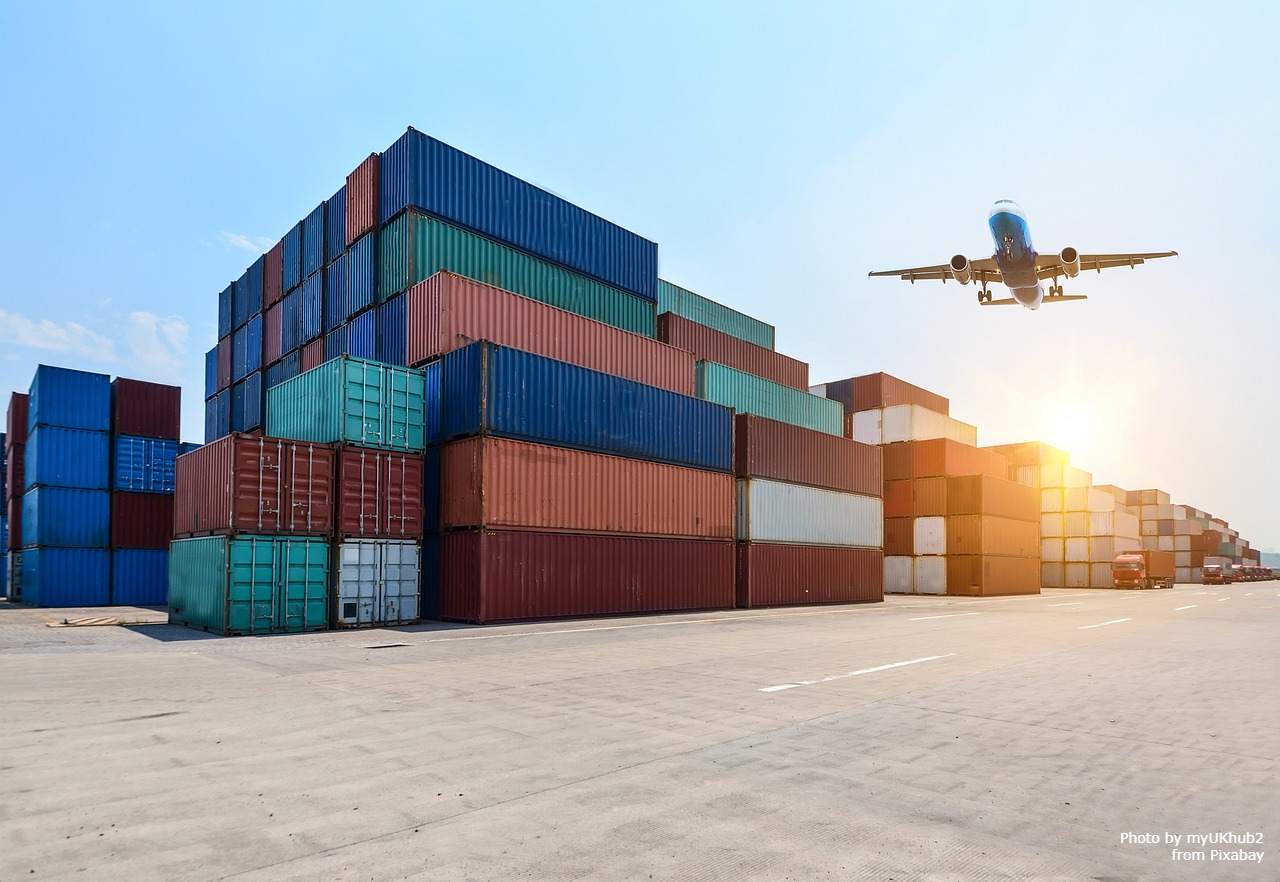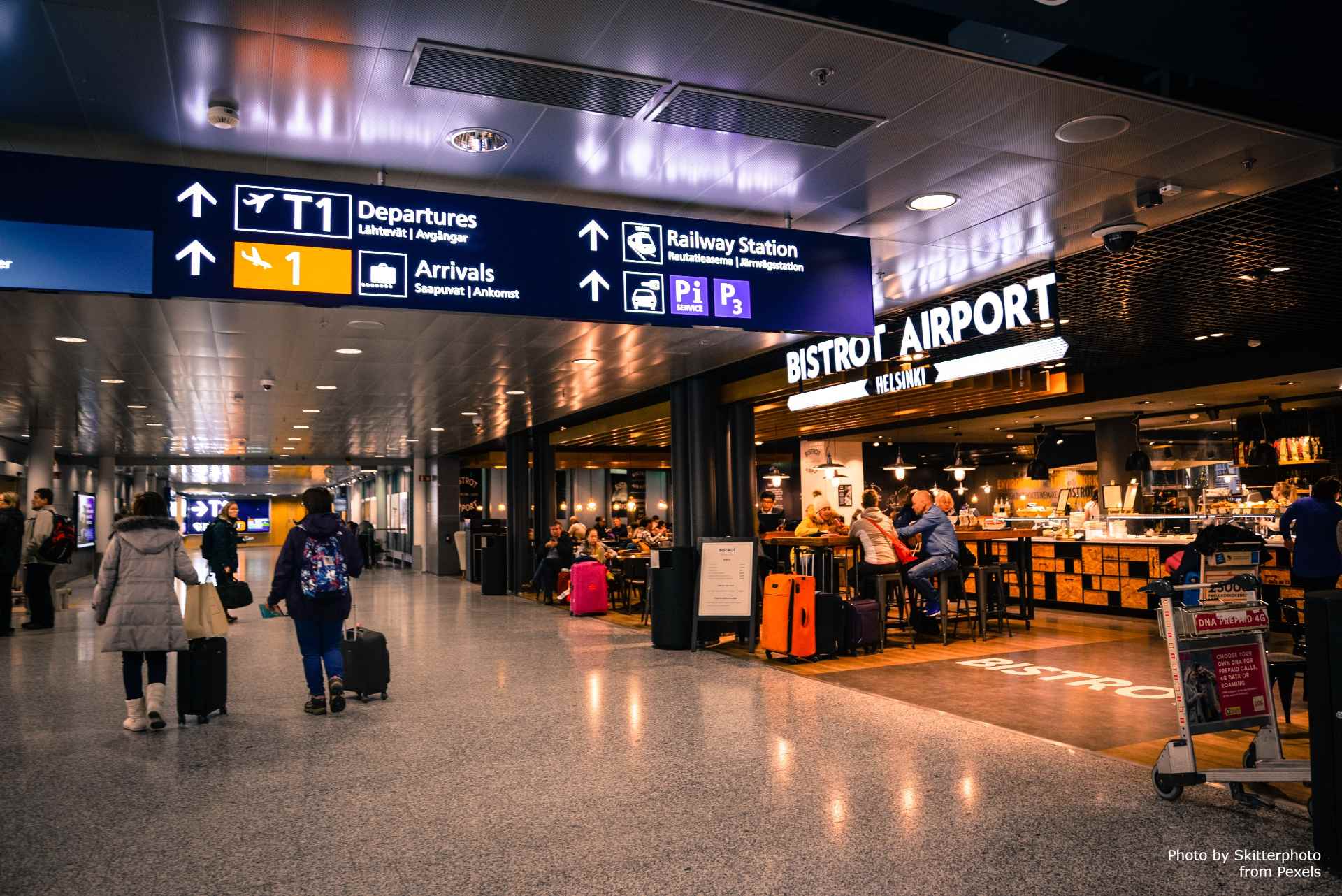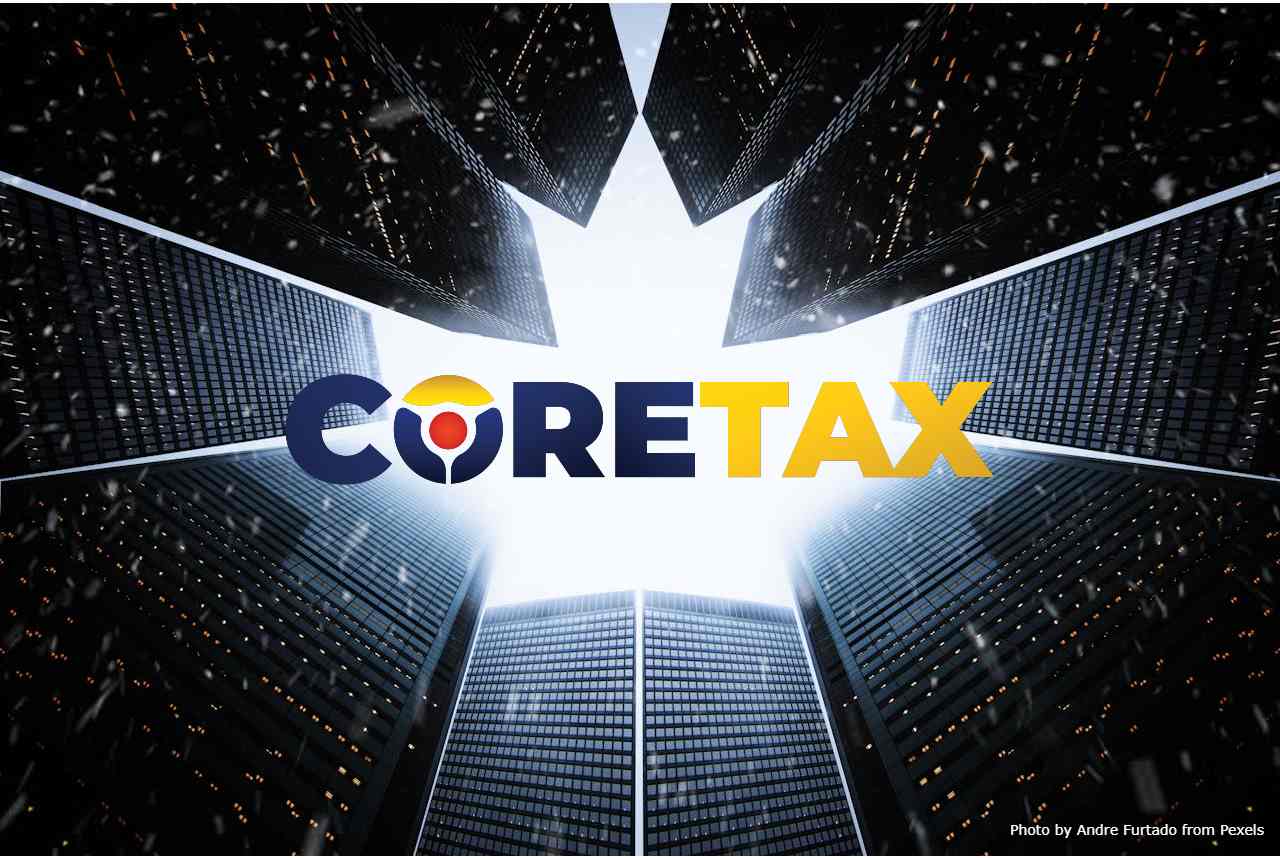Excisable Goods Confiscated and Controlled by the State
Article 2 PMK 17/2024 regulates that excisable goods involved in criminal acts in the excise sector are confiscated to the state. Apart from that, other goods involved in criminal acts in the excise sector can be confiscated to the state. The confiscation of excisable goods and other goods is carried out after obtaining a court decision which has permanent legal force. This is clarified in the addition to Article 2 paragraph (4) which reads as follows:"Settlement of excisable goods and other goods confiscated for the state is carried out in accordance with the provisions of the laws and regulations governing the management of confiscated state goods."In contrast to goods confiscated for the state, the criteria for goods controlled by the state consist of:- Excisable goods and other goods originating from unknown infringers, and
- Excisable goods for which the excise obligation has not been settled, the owner of which is unknown.
When do excisable goods become state property?
There are 6 (six) conditions under which an item is categorized as state property. These six conditions are:- Excisable goods and other goods originating from unknown infringers, whose infringers remain unknown within a period of 14 days from being designated as goods controlled by the state;
- Excisable goods originating from an unknown owner, whose obligations are not settled within 30 days of being designated as goods controlled by the state;
- Excisable goods related to decisions to resolve criminal acts in the excise sector for which no investigation has been carried out;
- Other goods related to the decision to resolve criminal acts in the excise sector which are not investigated as long as it can be proven that the other goods belong to the infringer and have been deterred by customs and excise officials;
- Excisable goods related to criminal acts in the excise sector for which investigations have been terminated for the benefit of state revenue; And
- Other goods related to criminal acts in the excise sector for which investigations have been terminated for the benefit of state revenues as long as it can be proven that the other goods belong to the suspect and have been confiscated by investigators.
customs , excise






